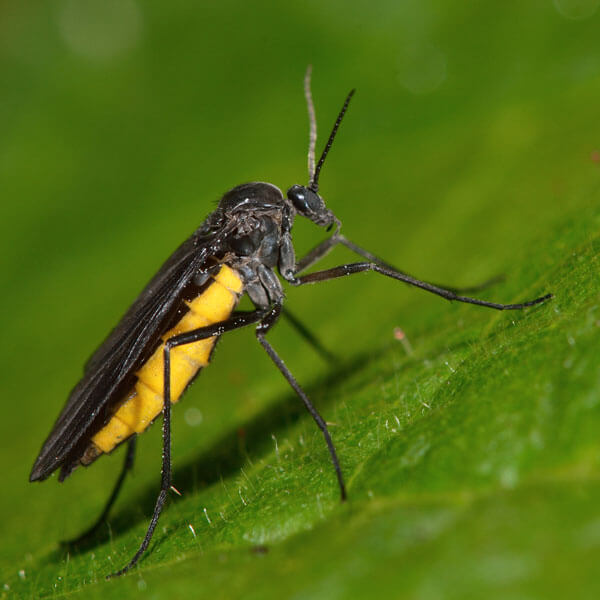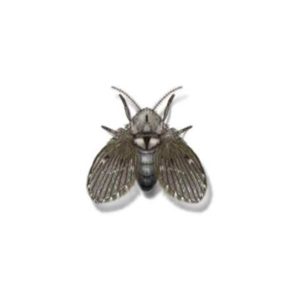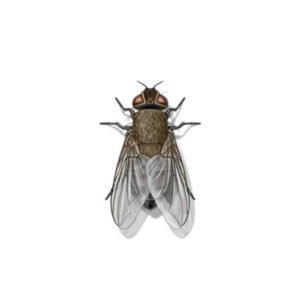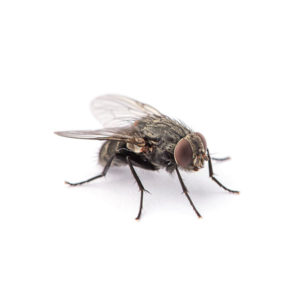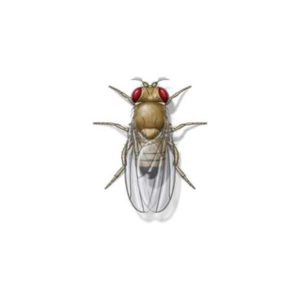Fungus Gnats in Salina
Fungus gnats are small, delicate-looking insects with long wings and spindly legs found in Salina. Occasionally they can become a nuisance in residential and commercial buildings where ferns and other house plants containing soil rich in organic matter serve as a breeding source. Their larvae primarily feed on fungi and organic matter in the soil, but they also chew roots and can be a problem in greenhouses, nurseries, and interior plantscapes. Adults are attracted to lights and are often first noticed at windows or light fixtures.
Fungus Gnat Habitat
Outdoors, fungus gnats are attracted to moisture and problems may occur in areas where the landscape has been overwatered or in low-lying areas that remain extremely wet following heavy rainfall. Fungus gnats are attracted to light, and indoors, they can be seen hovering near windows. However, compared to house flies, fungus gnats are weak flyers and generally remain near potted plants. They can also be found in high moisture areas in the home including, kitchens, bathrooms, laundry rooms, and crawl spaces.
Fungus Gnat Behaviors, Threats, or Dangers
Adult fungus gnats do not bite or damage plants, their presence is primarily considered a nuisance. Fungus gnat larvae do all the damage, and when present in large numbers, they can damage roots and stunt plant growth, particularly in seedlings and young plants. Significant root damage and even plant death have been observed in interior plantscapes and in houseplants when high populations were associated with moist, organically rich soil. Therefore, a houseplant that is wilting may not indicate a lack of water, but rather root damage by fungus gnat larvae. If you’re experiencing a fungus gnat issue, contact your local fly control professional.

